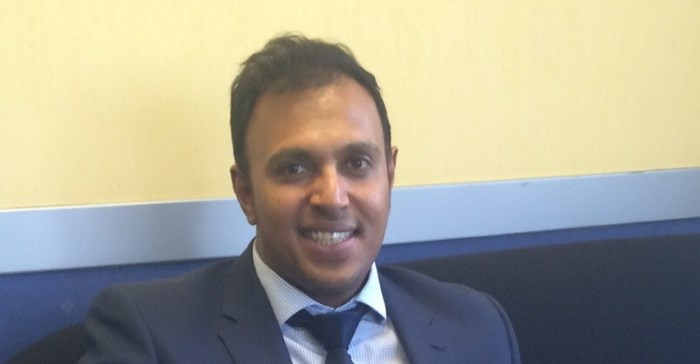
This is a sticking point that, unless resolved, will see entrepreneurs still battling to establish sustainable enterprises that can create the thousands of jobs required to stimulate growth in South Africa.
Eldon Pillay, Manager: Growth and Acquisition Finance at Standard Bank, says that the key to a more vibrant SME sector is not only increased support from the major corporate sector, but also a move away from the 'vanilla' debt finance options and loans that have been used in the past for a sector that has the potential to create and absorb sustainable jobs in our economy.
"The latest move in BEE scoring places emphasis on corporate involvement in supplier and enterprise development to broaden the national business base. This will require providing the support and funding for skilled people to move into business," says Pillay.
"Allied to this is the necessity for these actions to help reduce the traditionally high failure rate of small businesses in South Africa. Central to any progress being achieved in this regard is the need for reducing the risk associated with lending to a group of people who may have occupational skills and passion, but who sometimes lack the business knowledge to successfully manage and grow a business."
Management of risk, always a major consideration for bank financing of SME operations, has meant that commercial banks require business plans, collateral and personal investment in a business backed by a repayment plan before funding is considered.
"With major businesses being required to use up to 3% of post-tax earnings to help promote enterprise growth, we need to not only review the way we offer financial support to smaller enterprises, but also bolster this with moving away from 'playing it safe' by sticking with businesses that have a low-cost and less risky entry point," he explains.
Usually these 'safe' businesses become suppliers to corporations and supply services like security, cleaning and catering or are tied into contracts with corporations that do not allow expansion and development - such as being an 'owner-driver'. Consequently, although many enterprises supply bigger companies with everyday necessities, these do not add much value to a corporate's output.
"There is a growing need for the development of businesses that add value and are more capable of sustainable growth and increasing their market share to a larger audience," Pillay says. Believing that a turnaround in the present SME finance model policy required a more proactive stance to finance has led Standard Bank to examine the options open to it through in-built expertise, namely applying to the enterprise development sector the finance solutions traditionally found only in the corporate banking sector.
The basic change has been in the criteria for making loans available for smaller businesses. "We believe that the main question to be asked when assessing a loan should be: Can you pay back the loan, as opposed to the traditional questions of: What collateral do you have and what deposits can you put down? Also, will it create jobs and help absorb more people into the economy?" says Pillay.
"Asking these questions and then satisfying ourselves that an enterprise can pay back a loan, even if this is not achievable in the traditional instalment sense, then enables the 'loan gates' to figuratively open."
"We look to see if we can reasonably accurately predict future cash flow and then see how best to mitigate the risks in the business and then decide if we can and how we can make a loan based on this information. The decision then essentially becomes a lending offering that is 'business unusual' similar to a corporate and investment banking proposition - something that was previously unavailable to the enterprise development and SME markets.
"Normally when allocating loans to small companies, we have looked backwards into their history when making decisions. What we are attempting to do is to change our thinking to see if can accurately look forwards and make decisions based on the potential business, which could be in the form of offered contracts or supply agreements. Being satisfied that these are sound, means that financing can be made available," says Pillay.